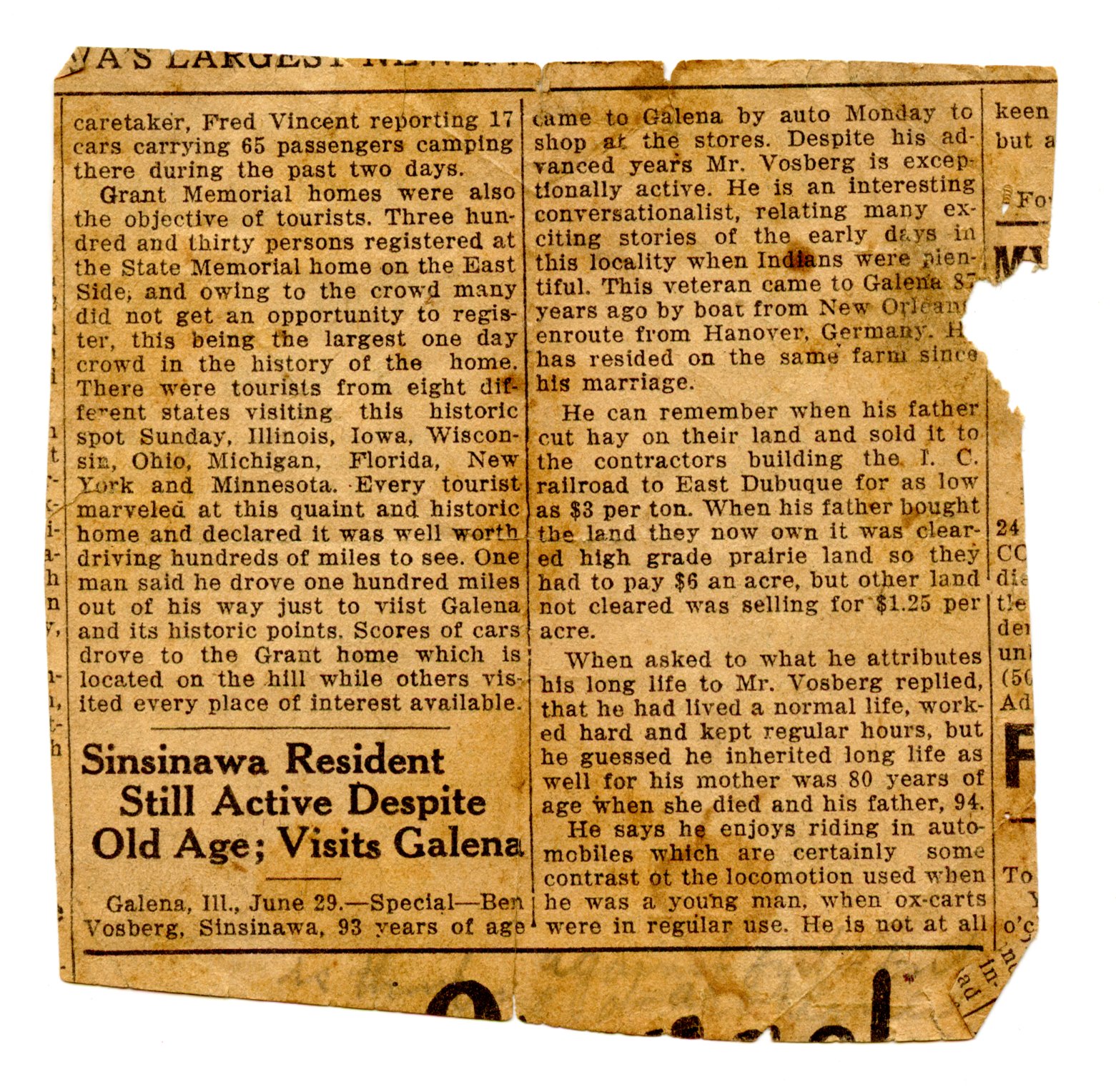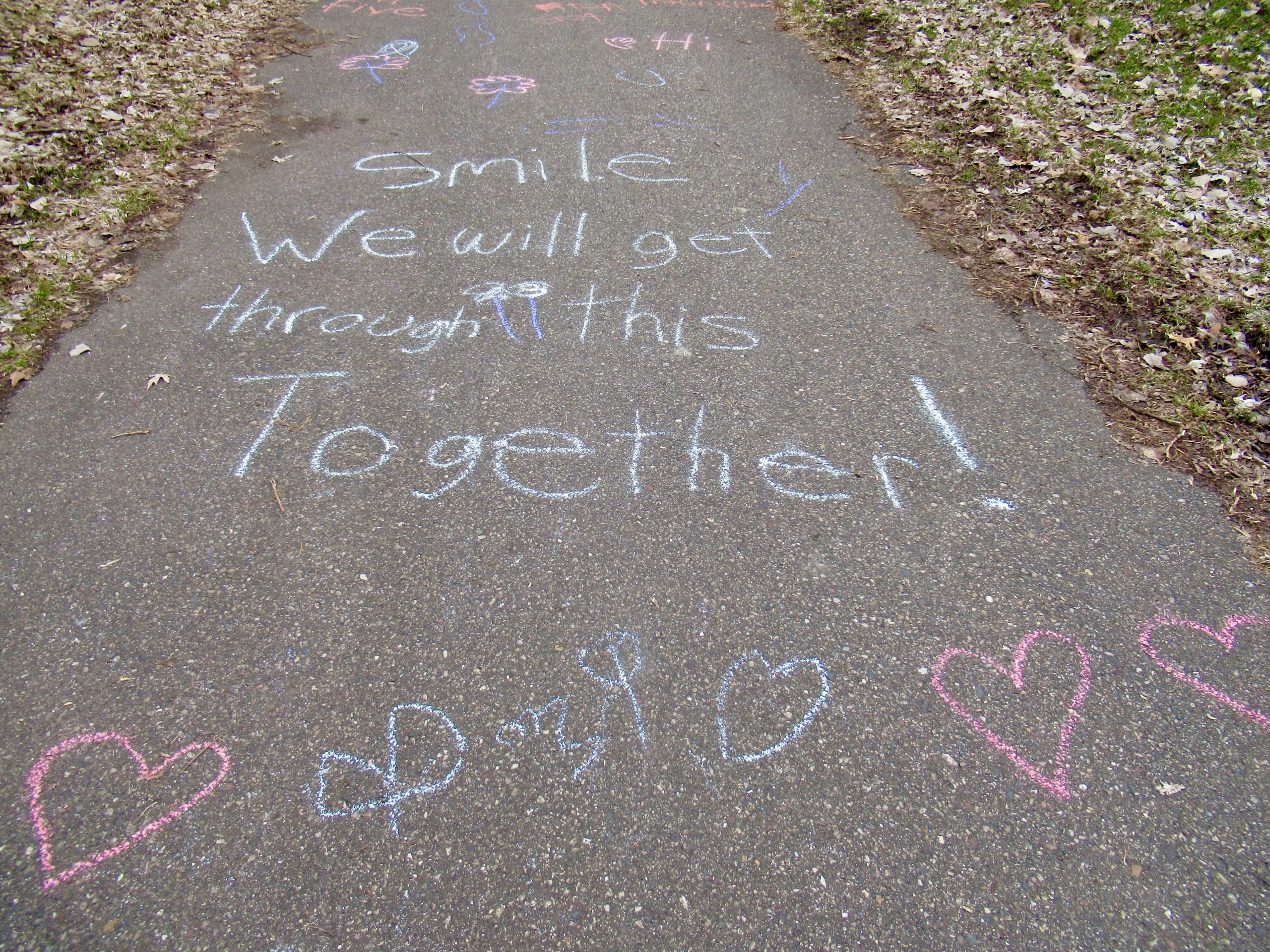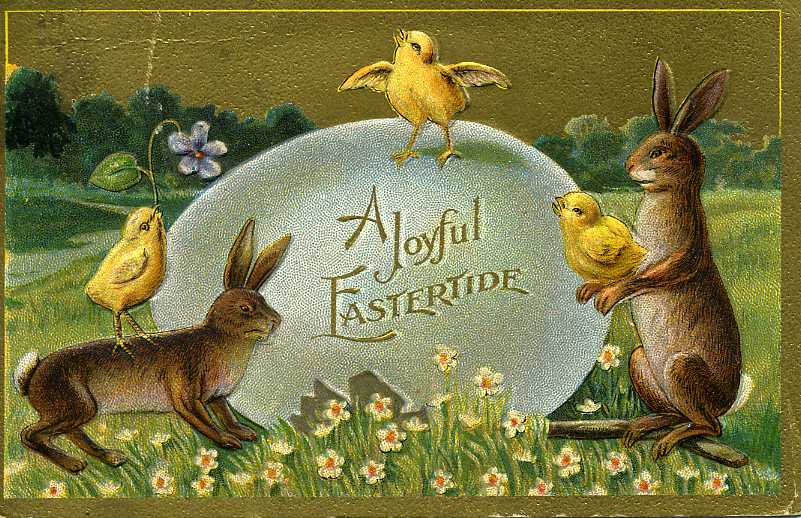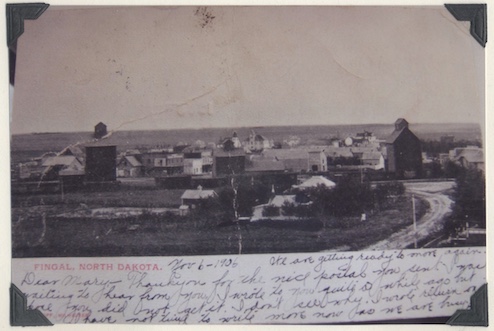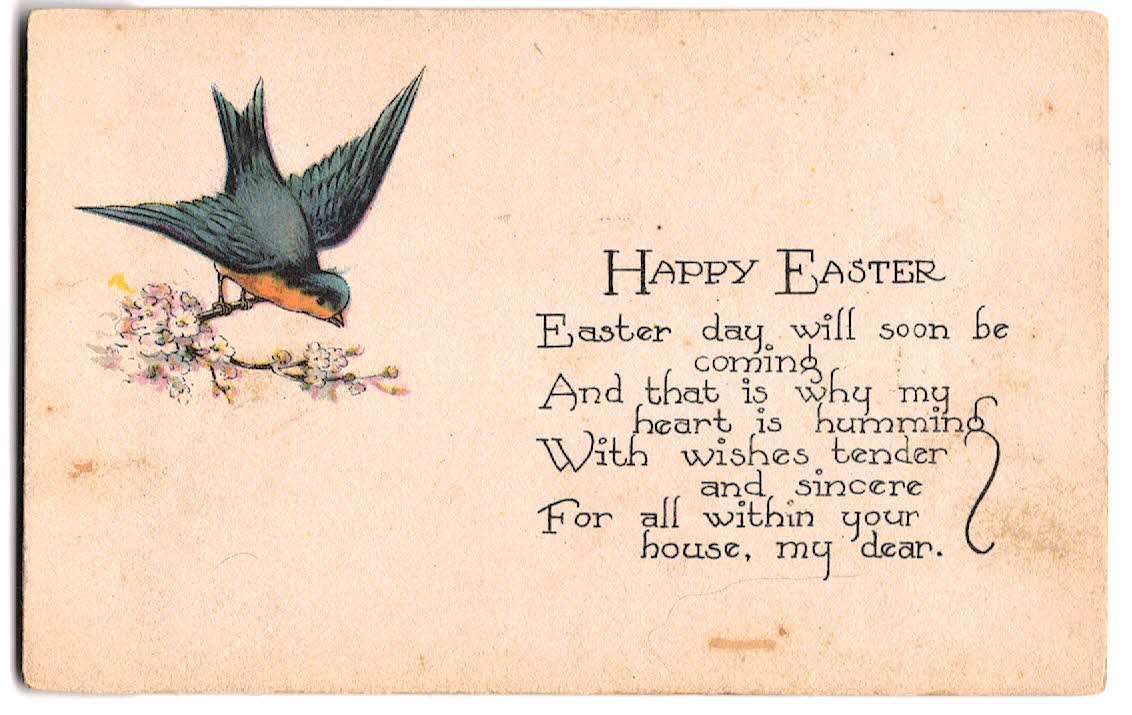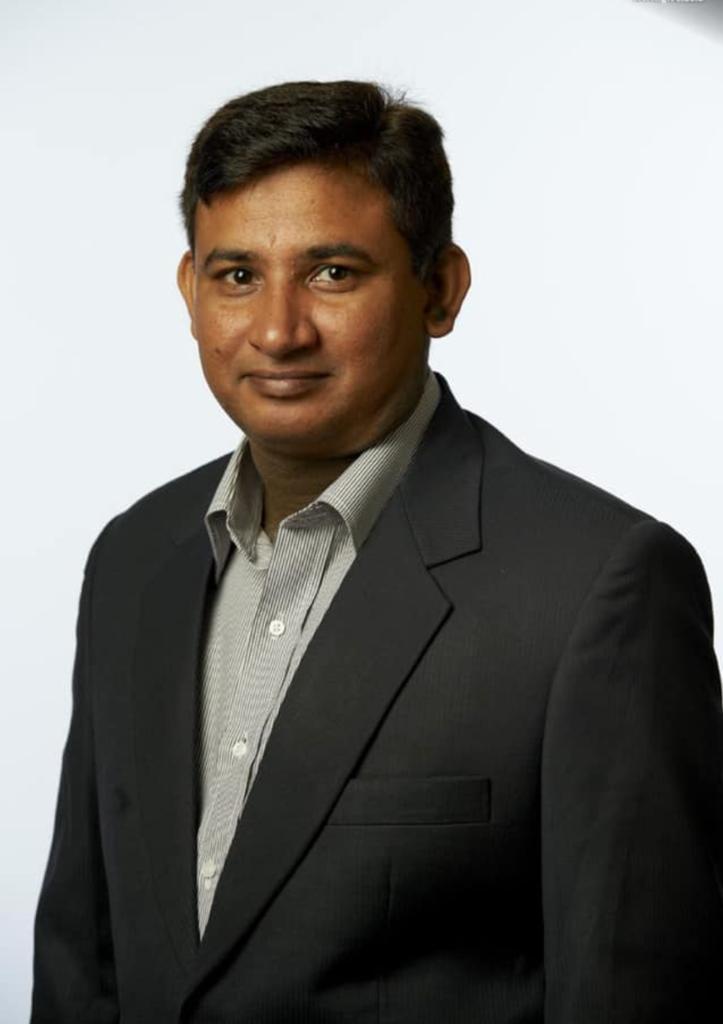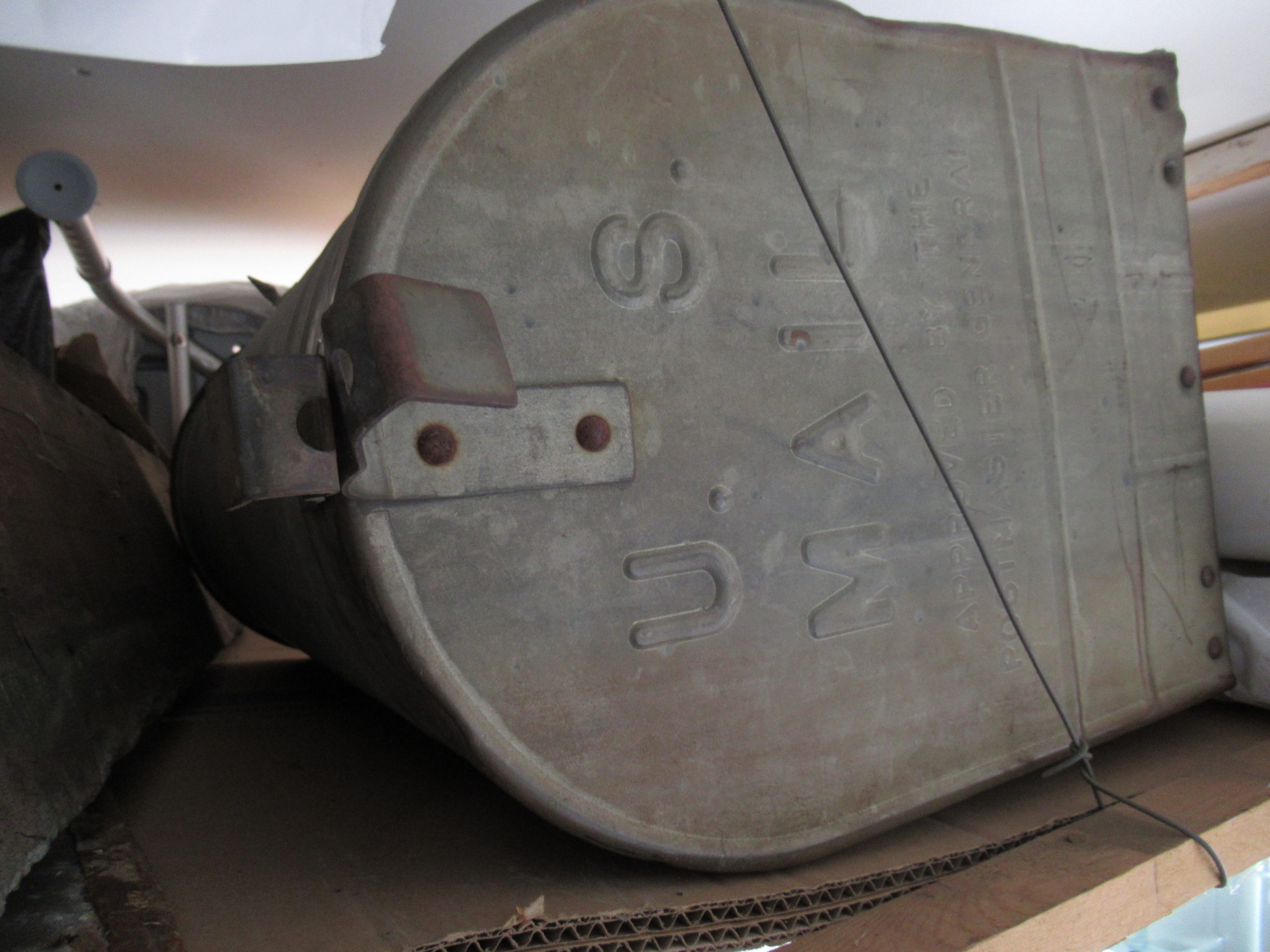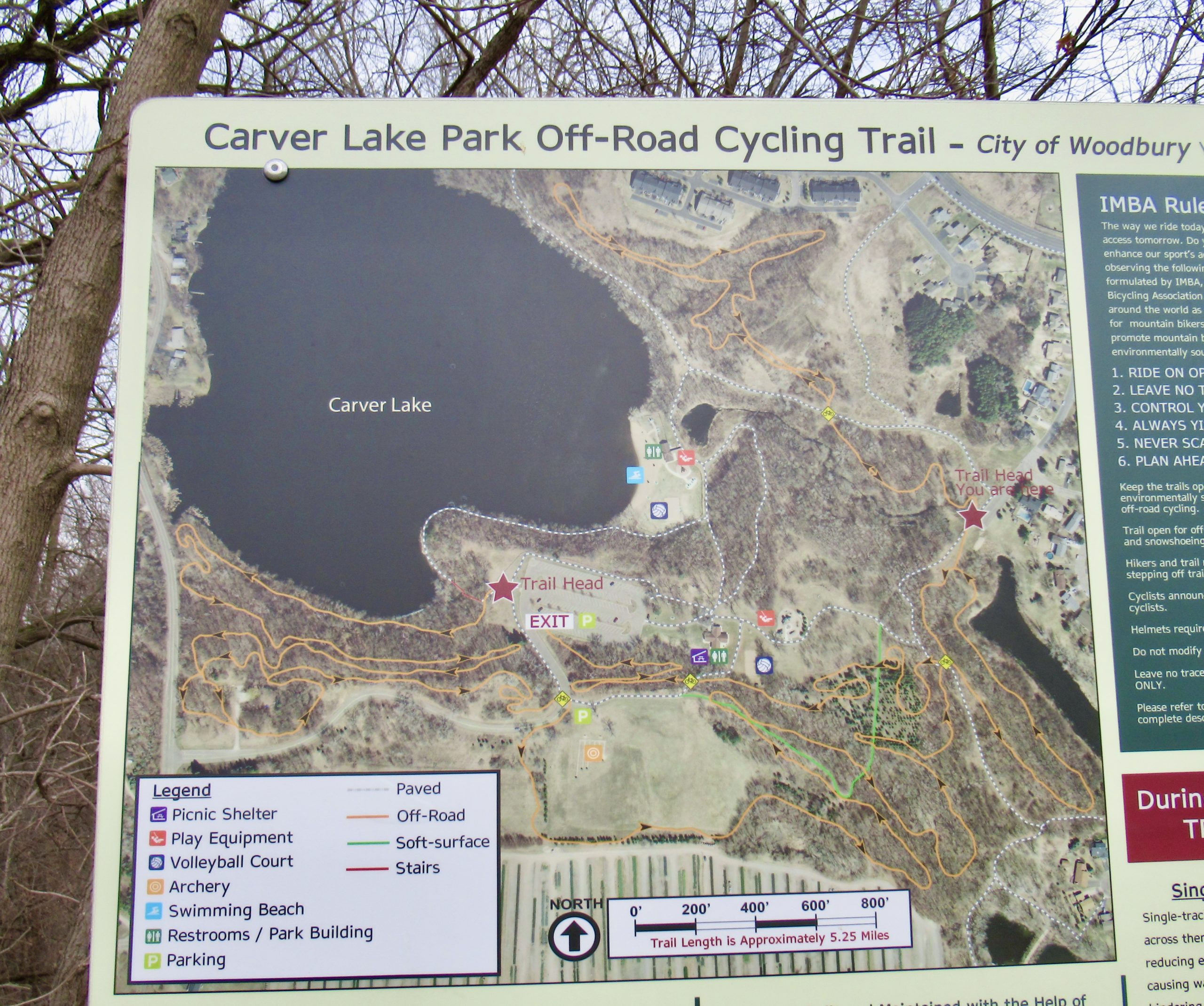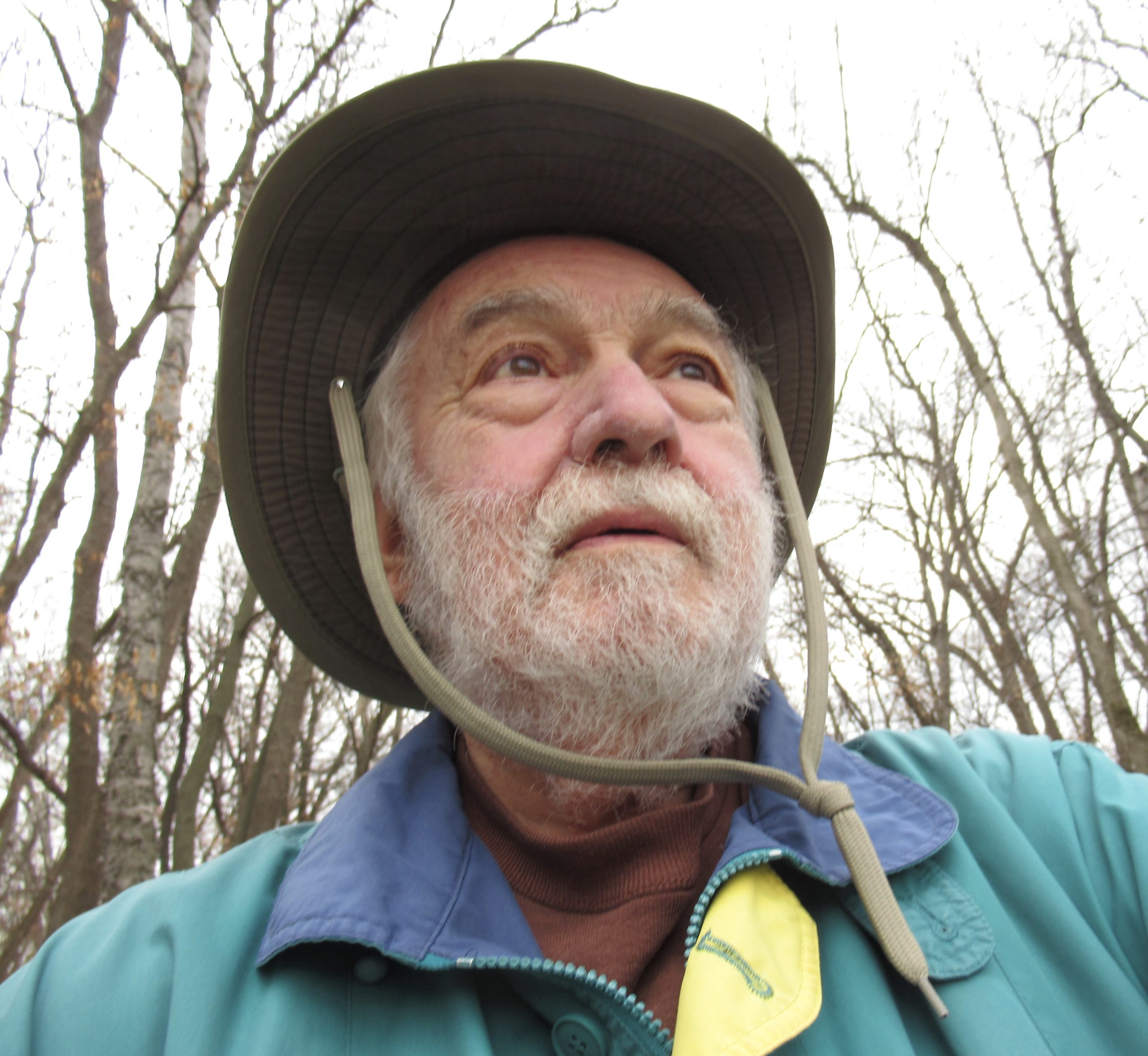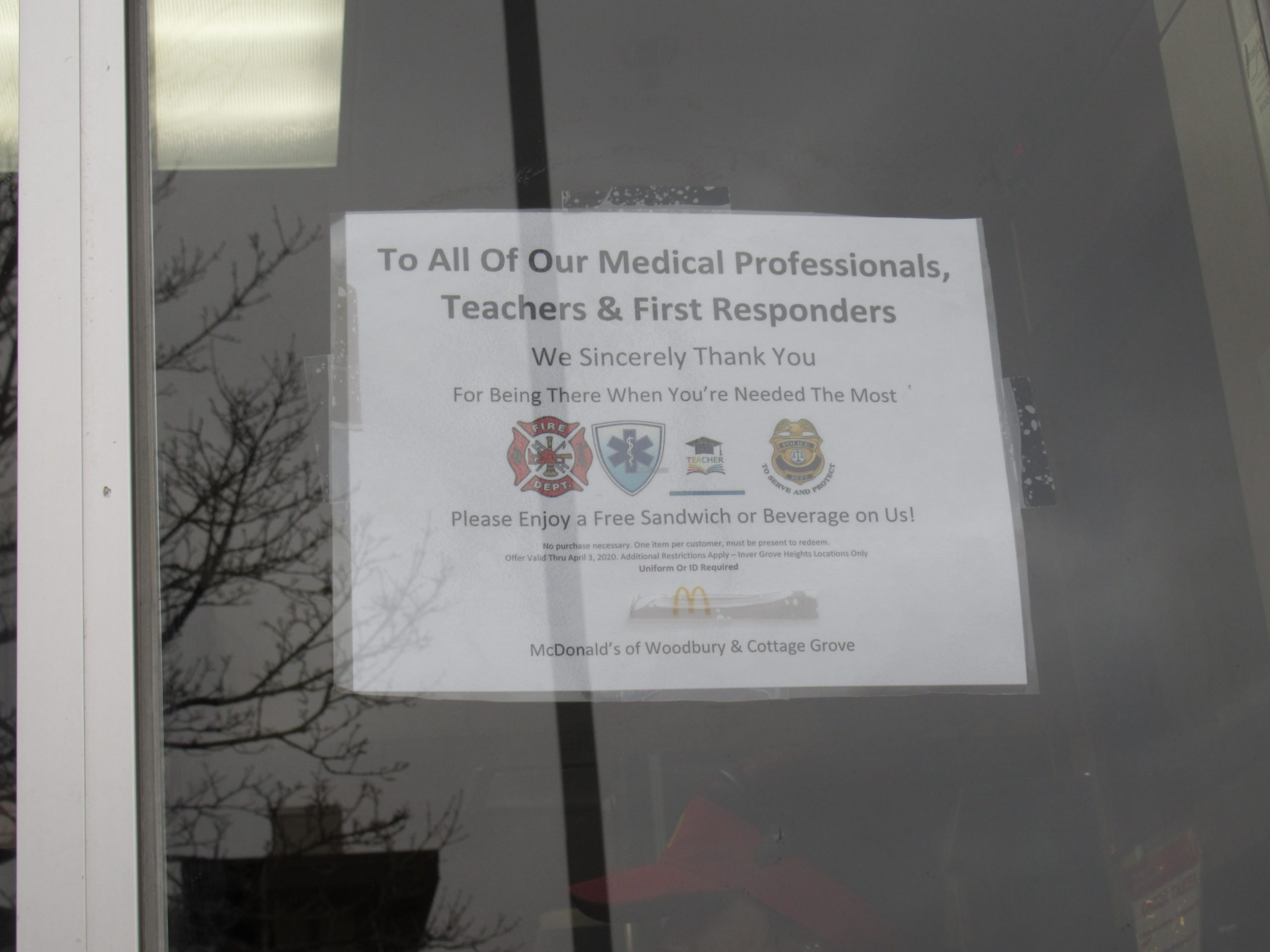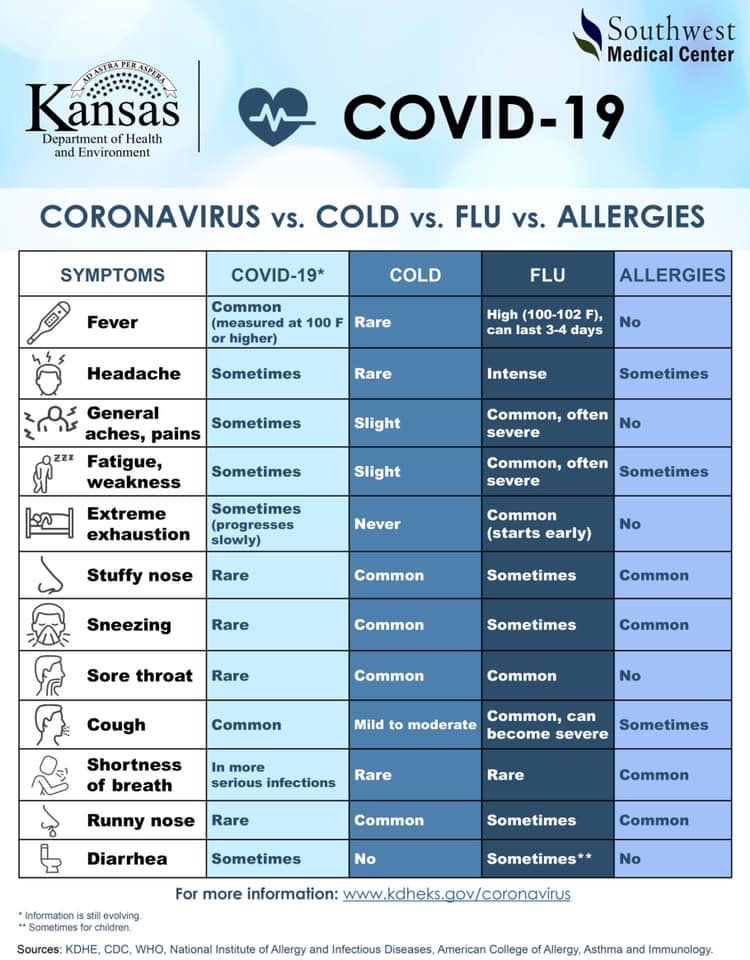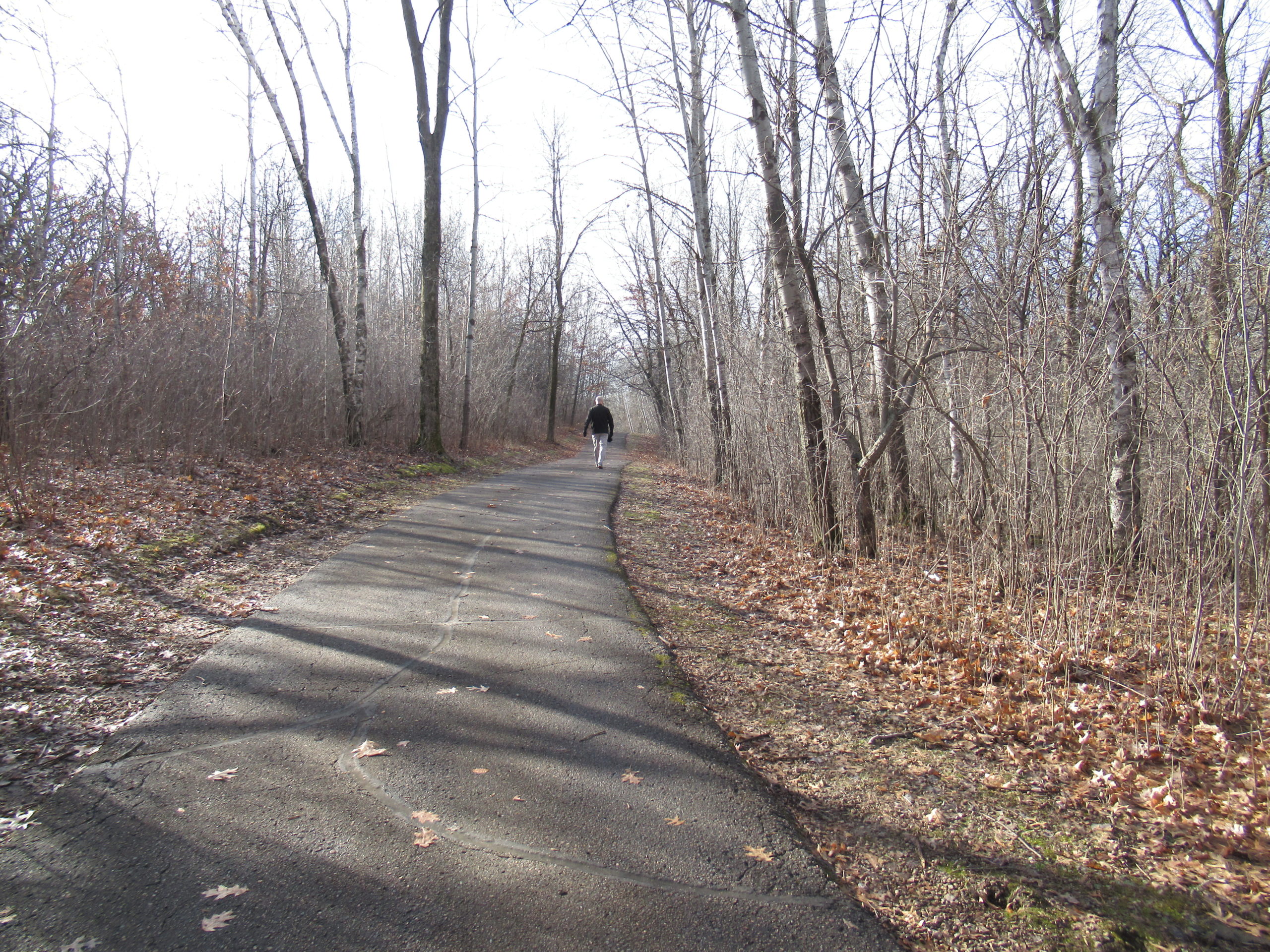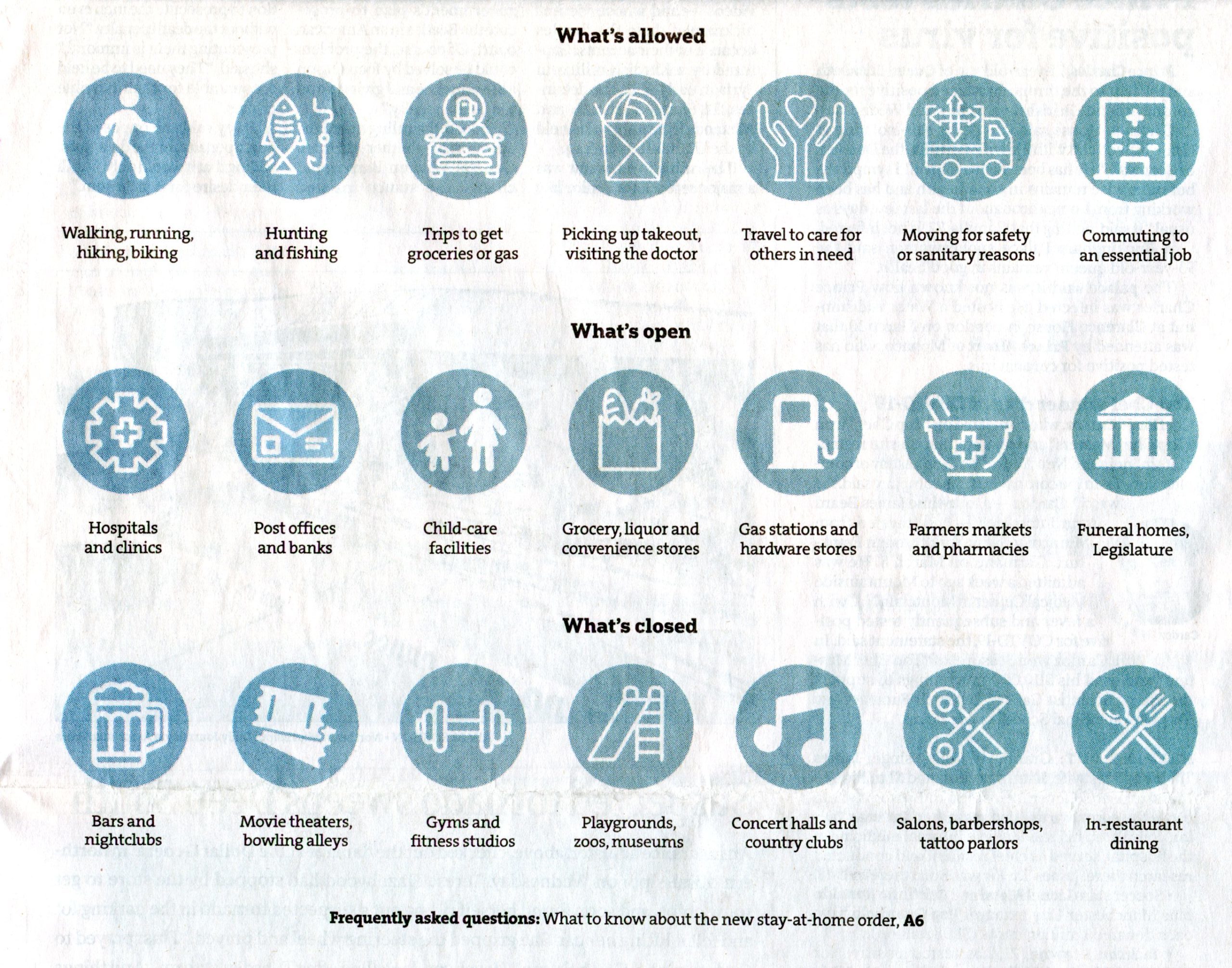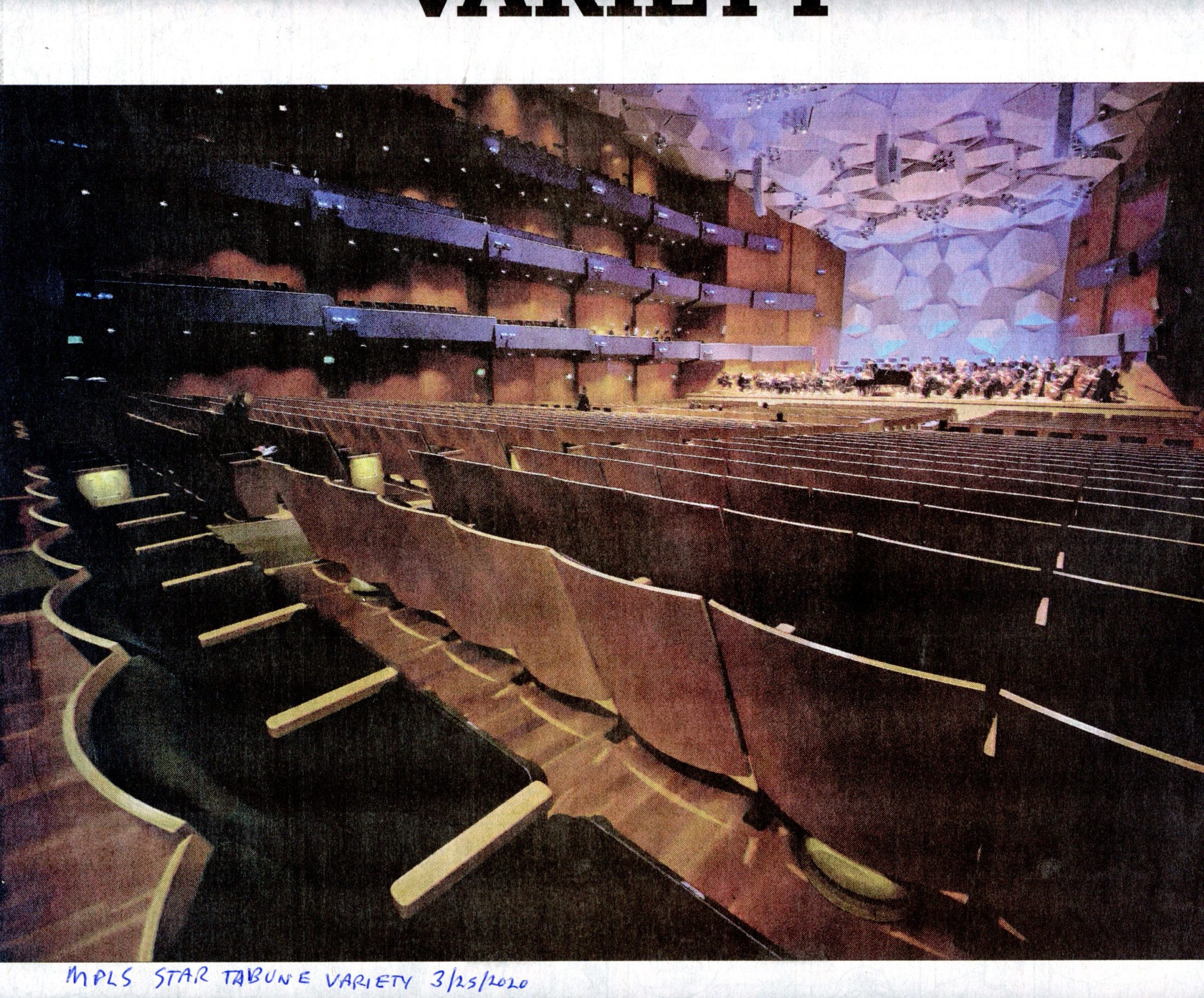COVID-19 Public Health
A short while ago I was on one of those e-conversations where folks were sharing notes on COVID-19. E-conversations serve a vital role: they’re quicker and can reach more people than U.S. mail; and more amenable to actual conversation than text or twitter or similar.
In this particular conversation, one comment was tossed out, and another (myself) responded, as follows: “Meanwhile the hospitals are losing tons of money as they have cleared the decks for the epidemic that fails to happen here, many medical people of my acquaintance are suffering significant losses of income while twiddling their fingers [emphasis added], and local small businesses are decimated. Welcome to life in the panicdemic [not a typo].”
A little later I replied (also emphasis added: “…re “the twiddling fingers” and lower incomes waiting for the crisis that hasn’t happened. I hope it won’t happen. And remember your local fire department, who is always ready for a crisis, but probably is rarely used for such. In this one, we were caught with pants down, so to speak.”
It occurred to me that both comments, and many others no doubt, are relevant in this time of great uncertainty, and that neither of the two responders above have any direct connection to “public health” outside of what we know casually, experienced personally as a patient, or learn from others. So I asked my sister, a retired Nurse Practitioner in New York State with lots of experience in public health in her long career in nursing, if she’d be willing to weigh in. Her response follows.
Following her response is mine, which I wrote before I read her comments.
Mary:
Dick: I made an unrelated editorial comment on the above in my post Easter Sunday. You can read that here.
My initial response, above, about emergency service in our society would remain my primary response. Very rarely are there disastrous fires – they become front page news in their areas. Because there are few fires does not mean we should cut back on what is, really, emergency preparedness. You don’t develop and staff a fire department after the fire begins. You have it available when it is needed. In small communities this can be a real stretch, of course. But even in the small towns there is some kind of rural fire department staffed by volunteers, and this has always been true.
I’d encourage thinking about other analogous services: 9-1-1 for emergencies comes to mind immediately. It is a shared service, first used in the U.S. in 1968. I could expand my list of rarely used, but important and even essential services for everyone that we take for granted, that are a public responsibility through taxes.
COVID-19 hi-lites an attitude problem. We still have a tendency to think that we are an island in an inter-connected world – where we can close down something that originated somewhere else. Very simply, we have porous and un-closable borders. Period. We are learning this the hard way in the United States, right now.
If we learn anything from this pandemic, it is that we need to increase our attention to the probability of some new and even more difficult pandemic that will most certainly strike sometime in the future – something which could originate here as easily as anywhere else on the planet. This is an opportunity. But it requires plenty of funding and a change in mindset: it has to become like the local fire department, a necessity not a luxury. “Public Health” means everyone, not only those who can afford it.
In the Easter Sunday post I recalled visiting a hospital in Haiti in the spring of 2006. After I published that post I got to thinking back to another trip, to the Philippines, in 1994. I was traveling with a cousin and her group. The cousin grew up in the Philippines, and was returning for a school reunion,
For two or three days we visited one of her friends, in an obviously wealthy family in Cebu City. One day the husband took me around to see local sites; one evening they took us up to a high point overlooking the city. My memory is of lots of people living in the ditches along the road. Here they’d be called homeless; there, the ditch was home.
My host, later, in Cebu City, was showing me Magellan’s Cross in Cebu City. My memory is that it was in a central square in the city. Across the square was a hospital and/or a Cathedral. I remember vividly, still, what my host said, matter-of-factly, while we stood looking across the way: “here“, he said, “if you are rich you can afford to get the best medical care available to anyone in [the United States]. If you are poor, you die.” Those with resources could easily go to Japan or the United States or anywhere else for the best care available.
There was no response asked or offered. It was just a matter of fact.
This is our problem in this country on this day, at least in general. If you are lucky, you don’t have to worry; if you aren’t, it’s your problem. The problem with something like COVID-19, is that this virus, or something else, doesn’t recognize a persons wealth or where he or she lives or what her position might be. It just goes to work.
We can learn from this – or just wait for the next crisis.
I open the floor to any and all comments!
POSTNOTE:
Kathy forwarded this received via a mutual friend, Howie. I’ve seen this before, and it remains very relevant today.
There’s Something About Mary (unsure of source):
Between 1900 and 1907 a number of families living in New York City would mysteriously contract typhoid and fall ill. Typhoid is a bacteria that causes severe diarrhea, nausea, vomiting, and fever. One by one New York families contracted the disease, seemingly at random with no explanation as to the cause. Finally, in 1907 one family who had contracted typhoid hired a medical investigator to determine how they had become ill. The investigator examined the household and discovered that the hired family cook, an Irish woman named Mary Mallon, had pretty disturbing habits, most atrocious of which was that she didn’t wash her hands after she pooped. Did I mention that typhoid is typically spread via contact with fecal matter? The investigator then examined her work history. All of her former clients happened to be the families that had contracted typhoid over the past 7 years. She would cook for the family, they would get sick, and she would flee and sell her services to another family, who in turn would get sick. It was no coincidence, as under medical examination it was discovered that Mary was an asymptomatic carrier, meaning she was infected with typhoid, but had no symptoms of the disease.
Mary was immediately quarantined at a clinic on North Brother Island. She denied she was a carrier and refused all medical treatment, including the removal of her gallbladder which was infested with the bacteria. Without her cooperation state medical authorities didn’t know what else to do except hold her in quarantine. Finally in 1910 the NY State Health Commissioner ordered her release when she signed an affidavit to abide by certain sanitary conditions like washing her hands and to never work as a cook. After her release, the typhoid epidemics began again.
Over the next five years Mary Mallon worked as a cook for larger institutions such as schools, factories, orphanages, and hospitals. As a result major typhoid outbreaks would occur all over the city. In 1915 a typhoid outbreak occurred at the Sloane Hospital for Women resulting in 25 sick and 2 dead. When medical officials arrived to investigate, they found Mary Mallon cooking in the kitchen, having taken the alias “Mary Brown”. She still didn’t wash her hands after she pooped.
Mary Mallon was placed under arrest and once again placed in medical quarantine. Once again she denied that she had typoid and refused all medical treatment. This time, the authorities held her indefinitely, and as the years and decades went by Mary still refused to be treated or admitted that she had typhoid. Her story became a news sensation, with the media branding her with the nickname “Typhoid Mary”. Mary Mallon would spend the rest of her life in medical quarantine until her death in 1938. During her culinary career she had sickened hundreds of people, resulting in 3 confirmed deaths with the possibility of many more unconfirmed deaths.
COMMENTS:
from Dick: I’ve now read Mary’s thoughts. Speaking personally, and as an individual, this has been a huge eye-opener for me in routine sorts of ways, such as ‘hand-washing’, and routine contacts with people. I’m in a group where hand-shakes were common. That will be a huge adjustment. Etc. Etc. We can’t solve all problems – every crisis will be different. But we certainly can do better.
from Mary (her commentary above): Hi Dick….interesting! Thyphoid Mary is a classic amongst professionals and I do not doubt its veracity. Put in historical context…she is recent! Major advances were made much earlier (1860’s) in infection control and awareness with the childbirth (puerperal) fevers contracted because health care workers did not wash their hands in obstetrical/gynecological work- see Ignaz Semmelwies. Infection control and management is still pathetic in some of the cultures I have worked (Tunisia, 1968-a nursing job was to set the mouse traps in the wards each evening), (Malekula, 2014-a nursing job was to collect the wood, build the fire, and ‘sterilize’ instruments using an old pressure cooker). Recently (October 2019) CMS mandated that there be at least one CDC trained infection preventionist in all accredited long term care facilities – primarily to increase awareness of contagion. I have that certification and would restate the importance that the CDC (and WHO) puts on the infectious cycle….one thing this situation is doing is increasing awareness of transmission – this time it is airborne, next time, who knows. Microbes are here to stay….and so is resistance.
from Joyce: Excellent; thank you for sharing this
from Flo: Thanks for sharing! Perhaps the most unforgiving aspect of covid-19 is that anyone can be a carrier, like Typhoid Mary, and not know it. I’ll keep wearing a mask in public, honor social distancing, and hope that I’m not a carrier nor become a victim. However, it won’t stop me from taking long walks with Carter, daily. I’ve also begun making masks, by request, and just received a very special thank-you from Mickey and her family and colleagues at her nursing home that appreciated my efforts! Same thing happened with Eric and Holly and her folks. It’s the very least I can do.

